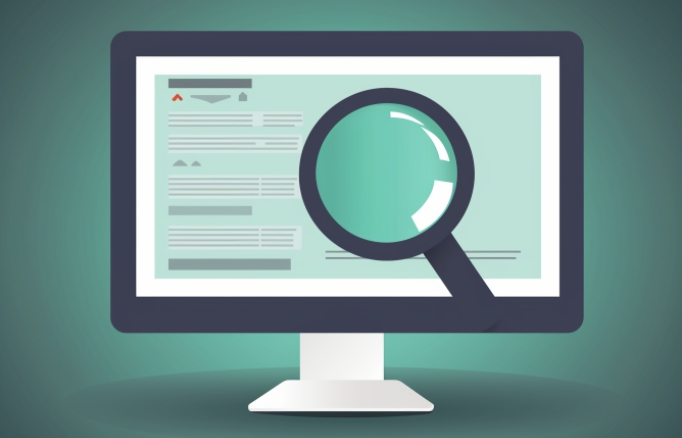Google is using its search engine monopoly to put pressure on publishers to participate in the generation of Google's AI answers, otherwise it will face the risk of a decline in search rankings. This behavior has sparked strong dissatisfaction among publishers who face a difficult choice: cooperation may mean chronic death, and rejection may mean immediate destruction. This article will conduct in-depth analysis of the impact Google's move has on publishers, as well as other AI companies' strategies to deal with similar issues, and explore the potential impact this incident has on the entire Internet ecosystem.
Recently, Google's dominance in search engines has caused trouble for publishers. According to Bloomberg, Google is leveraging its market influence to force publishers to face a dilemma: either make their content appear in Google’s AI answers or risk the search rankings drop. This makes many publishers who rely on Google search traffic feel helpless.

Google's crawler program Googlebot is used for both search and AI reviews. While website owners can use the “nosnippet tag” to prevent some of the content from being used as AI answers, doing so can jeopardize their overall search visibility. Because if Google's crawlers are completely blocked, many publishers will not be able to bear such losses. And just blocking AI crawlers is not a solution, because the content of AI answers comes from the main crawlers.
Many publishers are now in a dilemma. "It's like an existential crisis for these companies. Either opt out and face death immediately or work with Google, but it may be a chronic death in the end, because ultimately Google may They are no longer needed."
In response to Engadget, Google said that blocking the entire article from being used as an AI review does not prevent crawlers from seeing the "full text" used for rankings or appearing in web search results. Publishers can also choose to block only part of the website from appearing in the AI review.
According to sources, Google has stopped negotiating a potential licensing agreement with publishers for using its content for AI answers. By contrast, AI companies like OpenAI and Perplexity, as well as Apple, are planning to compensate publishers through direct compensation or advertising revenue sharing. However, these companies do not have enough resources to transform the entire Internet into a chatbot ecosystem.
A good example of the $60 million deal Google has reached with Reddit, which is trying to get the most AI content at the lowest cost. As a result, posts in Reddit sometimes outperform the original publisher’s content in search results, which undoubtedly has an unfair impact on the wider network. Moreover, Reddit has now even started blocking index crawlers from other search engines to protect its data, creating a historic phenomenon: a website that is only for specific search engines.
Key points:
Google takes advantage of its search engine's market advantage to put publishers at the option of participating in AI answers or risk losing search exposure.
Publishers can use the “nosnippet tag” to prevent content from being used as AI answers, but this may affect overall search rankings.
Google has stopped negotiating content licenses with publishers, while some AI companies are trying to solve the problem with compensation.
All in all, Google’s actions have sparked extensive discussions about content copyright, data fairness, and the relationship between large tech companies and content creators. The future of publishers and the healthy development of the Internet will be far-reachingly affected by this incident, and all parties need to work together to find a balance point.